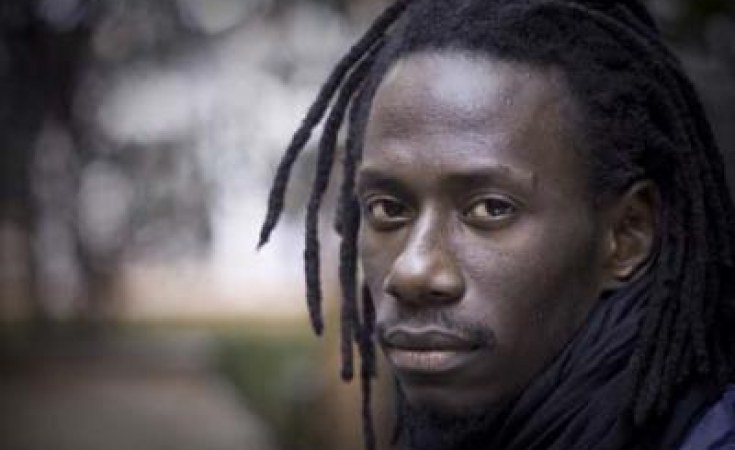Dakar — The organizers of Festa 2H, a Senegalese hip hop festival running in Dakar this week, want to make the West African capital city the capital of the hip hop empire.
"We want to host a festival in Senegal that creates a meeting point for all the hip hoppers of the world," said Matador, a prominent Senegalese artist and founder of the festival's host organization, Africulturban.
"It's the first time that we've had 20-something artists from other countries come and we really have to capitalize on it," he said at a press conference last week. "Everybody can meet in Dakar and exchange."
Rap music was introduced in Senegal in the late 1980s with the debut of artists like MC Solaar and Positive Black Soul. Today Senegalese rap is prominent on the continent. Several documentaries have been made on hip hop's scope and scale.
The festival - the third - features all the major elements of global hip hop culture - rap, slam poetry, deejaying, break dancing and graffiti art. More than 20 international artists from countries such as Canada, France, Switzerland, Cameroon and Benin have joined more than 200 Senegalese acts for a week of performing, talent development and exchange. There are four major concerts and a number of smaller shows and workshops. Everything is free.
Matador created Africulturban to help his local community of Thiaroye and other impoverished suburbs of Dakar, at the same time creating a structure that could extend beyond Senegal. One way to render the name of the organization in English is "African urban culture." Its literature says that its goal is "to develop a favorable context for willing youth to learn how to become tomorrow's cultural actors."
The festival started in 2006 as an extension of an idea by festival director Amadou Fall Ba. A rapper himself (El Fuego), Ba hosted hip hop nights every summer for a number of years with his group Lyrics Mortals, which included another rapper and a graffiti artist.
After Matador created Africulturban, Ba joined the organization and decided to develop a new model for presenting hip hop.
"I said to myself that it can't be like that in Africulturban," the 26 year-old Ba said. "We have to let people express themselves and in their way. We are just going to serve as the platform of expression of urban culture. Period."
Last year's festival introduced an annual theme. The first was "United artists against Aids." This year's is: "I fight against clandestine migration." The most prominent innovation for this year is the decentralization of the concerts and the festival's global emphasis.
Hip hop disturbs many older people in Senegal, who call it a blind imitation of popular American music and castigate the youth for degrading traditional values.
Conspicuously, there is no American presence in the line-up. Matador admitted that despite hip hop's universal appeal - he does not distinguish between American, French or even Japanese hip hop - you cannot talk about it without including the United States. "I don't want to live in the U.S.," he said. "I just want to get to know the people who started the culture that I have adopted."
The biggest group of foreign artists at the festival comes from Canada. Among the nine who have come - with their own funds or support from Quebecois philanthropy - are Webster, Poids Lourd (Heavy Weight), Sarahmee, an emerging female rapper from the Quebec scene, and Togo-born Stratege,
who received his degree in street education in Montreuil, France.
Aimée Kassi, a Canadian singer born in Côte d'Ivoire, said she was moved by the mobilization of the Senegalese rap scene. "You all are really an inspiration for me," she told a group. "I've come here to learn."
Matador and the other promoters would be happy with that. They want to develop a grassroots network of hip hop surrounding Festa 2H, with Dakar as the hub. This year's first installment was a concert in Quebec. Next year they hope to begin creating a chain of satellite events, spreading to France, Belgium and Switzerland.


